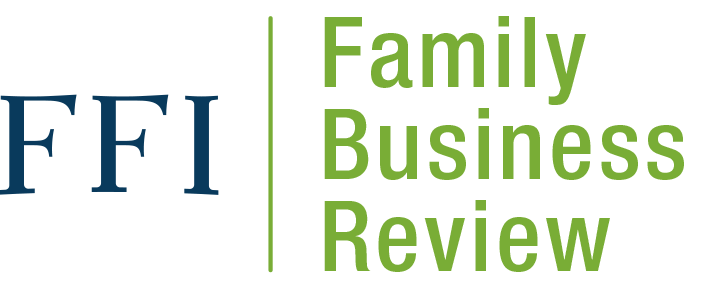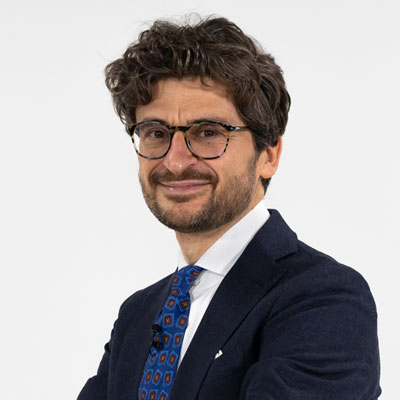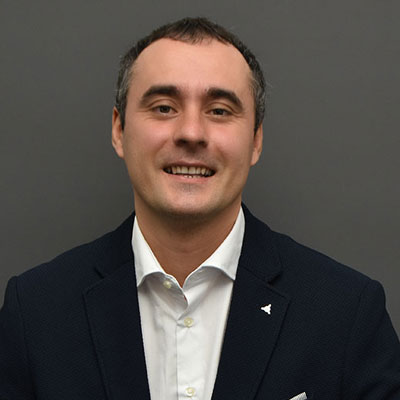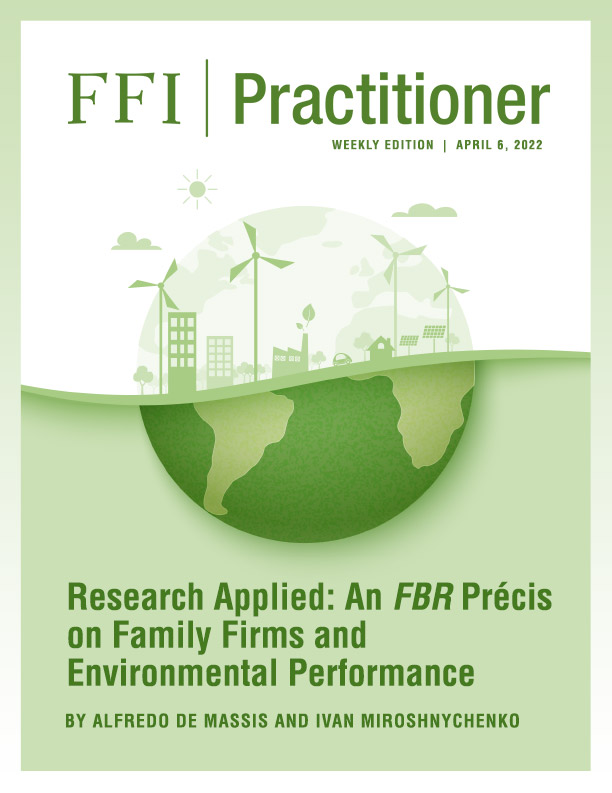Research Applied: An FBR Précis on Family Firms and Environmental Performance

While family firms successfully deliver innovative technologies and business solutions to fulfill changing customer preferences and evolving market needs,1 they can struggle to excel in pollution prevention, green supply chain management, and green product development practices.2
Methodology
We have constructed a longitudinal sample of 40,910 firms, capturing 202,402 observations from the extant literature on environmental performance of family and nonfamily firms from leading business, management, economics, and finance journals over the past 12 years. The review of this sample allowed us to uncover the strength and direction of the family business effect on environmental performance, along with some potential moderators affecting the family business-to-environmental performance link. In so doing, we were able to develop a better understanding of which business logic prevails over others in the domain of family firms’ environmental performance.3
Findings
We found that, in contrast to nonfamily firms, family firms on average environmentally underperform across the world, particularly the negative effect is more pronounced for those firms that are owned and controlled by the family, compared with firms owned wholly by the family.4 However, there are some exceptional family firms in the business landscape that achieve extraordinary environmental performance. For instance, family firms like L’Oreal,5 Bombardier,6 and Campbell’s Soup7 are at the forefront in fighting global warning. We explain this existing empirical phenomenon using two competing business logics: “agency logic” and “stewardship logic.” Developing a better understanding of these different logics may serve advisors as a useful tool to help family enterprises become an environmental champion across generations.

Agency Logic
Some family enterprise members can act as irresponsible agents, using their family business as a vehicle to extract private benefits of control including nepotism, favoritism, and managerial entrenchment. This behavior can be particularly pronounced in multigenerational family firms, where altruistic parents may not effectively monitor and discipline their children who are actively involved in the business. In so doing, they may hamper the availability of financial resources for funding of environmental operational practices and communications of their family business. In addition, it can also negatively affect the motivation of non-family employees, impeding their willingness and ability to engage in organizational environmental actions.
Another important source of agency costs in family business can be the relationship between the controlling family and providers of external capital. Such lenders may choose to employ costly policies and procedures to control and monitor members of the controlling family, which in turn raises the cost of capital and the overall cost of doing business for a family business. These high costs make investments in environmental actions difficult for a family enterprise to incur and sustain over the long run. Thus, many family firms that follow agency logic are not able to achieve the status of environmental champions, thereby lagging substantially behind their nonfamily counterparts in both environmental operational practices and communications.
Sidebar

Stewardship Logic
Those family firms that follow a stewardship logic act as good stewards of their business taking their environmental responsibility to all relevant stakeholders very seriously. They tend to invest in environmental technologies, thinking not only about their quarterly earnings, but also about the future of the planet. These firms integrate environmentally friendly aspects into their product development processes promoting long-term growth and success of their business, thereby aiming to preserve it for the later generations. For instance, such family business giants as Porsche,8 Panasonic,9 Samsung,10 and Toyota11 constantly invest in their eco-friendly products by introducing bio-based, recycled materials, and eco-packaging to minimize their products’ environmental impact. Other family firms efficiently eliminate different types of waste and emissions by developing environmental policies and communication materials, questionnaires and audits, training and technical assistance, collaborative research and development with suppliers, lean operations, supplier purchasing, environmental purchasing policies, and complex restructuring relationships with suppliers. In brief, family firms acting as environmental stewards embrace the long-term view of their business encompassing a wide range of stakeholders involved.

Implications for Practice
It is pivotal to determine the type of logic that a family business is following when addressing environmental concerns and other significant societal challenges. The different logics can lead to divergent environmental outcomes that can either enhance or hamper the vitality of the business in the long run. Another key lesson from this meta-analytical research is that advisors need to recognize the various family business types and different types of environmental activities and their interplay in order to improve environmental performance of family business. Different families pursuing different environmental actions might require completely different approaches to address current and future challenges. The final takeaway from our meta-analysis was that policymakers should consider the heterogeneity of environmental operational practices and communications and different types of family firms when developing a long-term policy approach to environmental strategies.
References
1Soluk, J., Miroshnychenko, I., Kammerlander, N., and De Massis, A. (2021). Family influence and digital business model innovation: The enabling role of dynamic capabilities. Entrepreneurship Theory & Practice, 45(4), pp. 867-905. https://doi.org/10.1177/1042258721998946
2Miroshnychenko, I. and De Massis, A. (2022). Sustainability practices of family and nonfamily firms: A worldwide study. Technological Forecasting and Social Change, 174, pp. 1-13. https://doi.org/10.1016/j.techfore.2021.121079
3Miroshnychenko, I., De Massis, A., Barontini, R., and Testa, F. (2022). Family firms and environmental performance: A meta-analytic review. Family Business Review, in press. https://doi.org/10.1177/08944865211064409
4In our main analysis, family firms were captured using two main definitions: 1) firms where the controlling family is involved in ownership of a firm 2) firms where the controlling family is involved in both ownership and management of a firm. In addition, we also used a third definition of family firm (firms that classify themselves as a family business) in our robustness checks.
5Nhede, N. (2021, September 27). L’Oréal achieves carbon-neutrality across US operations. Smart Energy International. https://www.smart-energy.com/industry-sectors/energy-efficiency/loreal-achieves-carbon-neutrality-across-us-operations/
6McCoy, D. (2022, January 7). Bombardier sets big environmental goals for 2025. Wichita Business Journal. https://www.bizjournals.com/wichita/news/2022/01/07/bombardier-sets-big-environmental-goals-for-2025.html
7CK staff (2022, January 19). The 100 most sustainable corporations of 2022. Which companies earned a spot on Corporate Knights’ index of the world’s greenest firms? Corporate Knights. https://www.corporateknights.com/rankings/global-100-rankings/2022-global-100-rankings/100-most-sustainable-corporations-of-2022/
8Hetzner, C. (2021). Porsche to suppliers: shift to clean energy—or else. Fortune. https://fortune.com/2021/07/02/porsche-green-supplier-mandate-net-zero/
9ERT editor. (2021). The world’s biggest sustainable leaders – Panasonic and Bosch top dogs. ERT https://www.ertonline.co.uk/news/the-worlds-biggest-sustainable-leaders-panasonic-and-bosch-top-dogs/
10CK staff. 100 most sustainable corporations of 2022. https://www.corporateknights.com/rankings/global-100-rankings/2022-global-100-rankings/100-most-sustainable-corporations-of-2022/
11Toyota investing $90M in two manufacturing plants to boost hybrid transaxle and engine capacity. (2022, February 12). Green Car Congress. Retrieved March 22, 2022, from https://www.greencarcongress.com/2022/02/20220212-toyota.html





